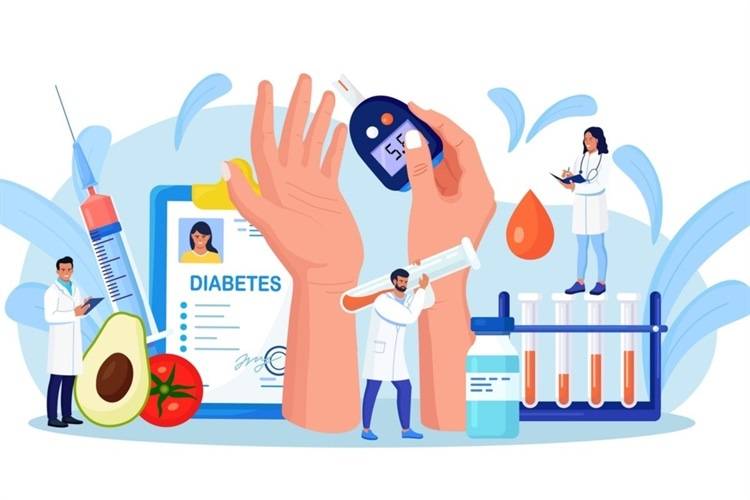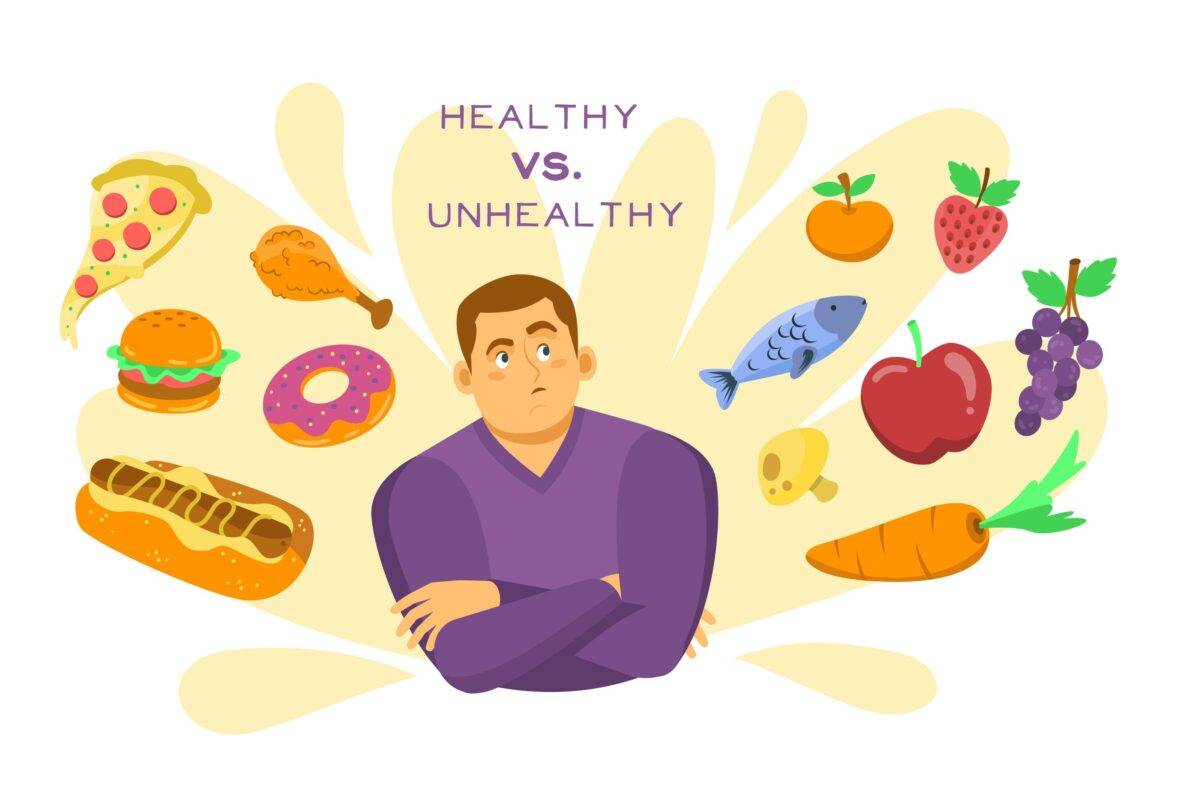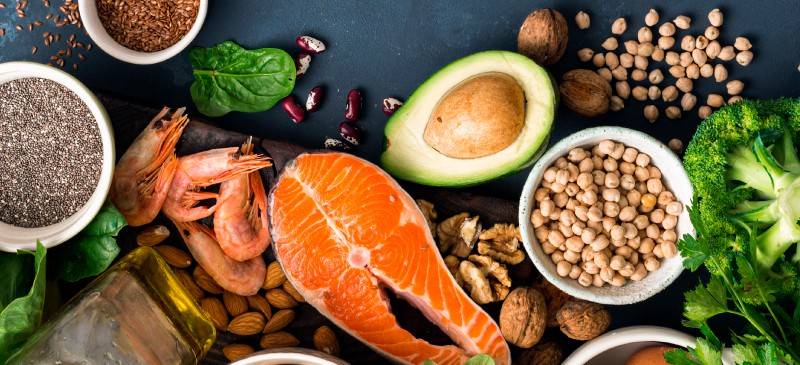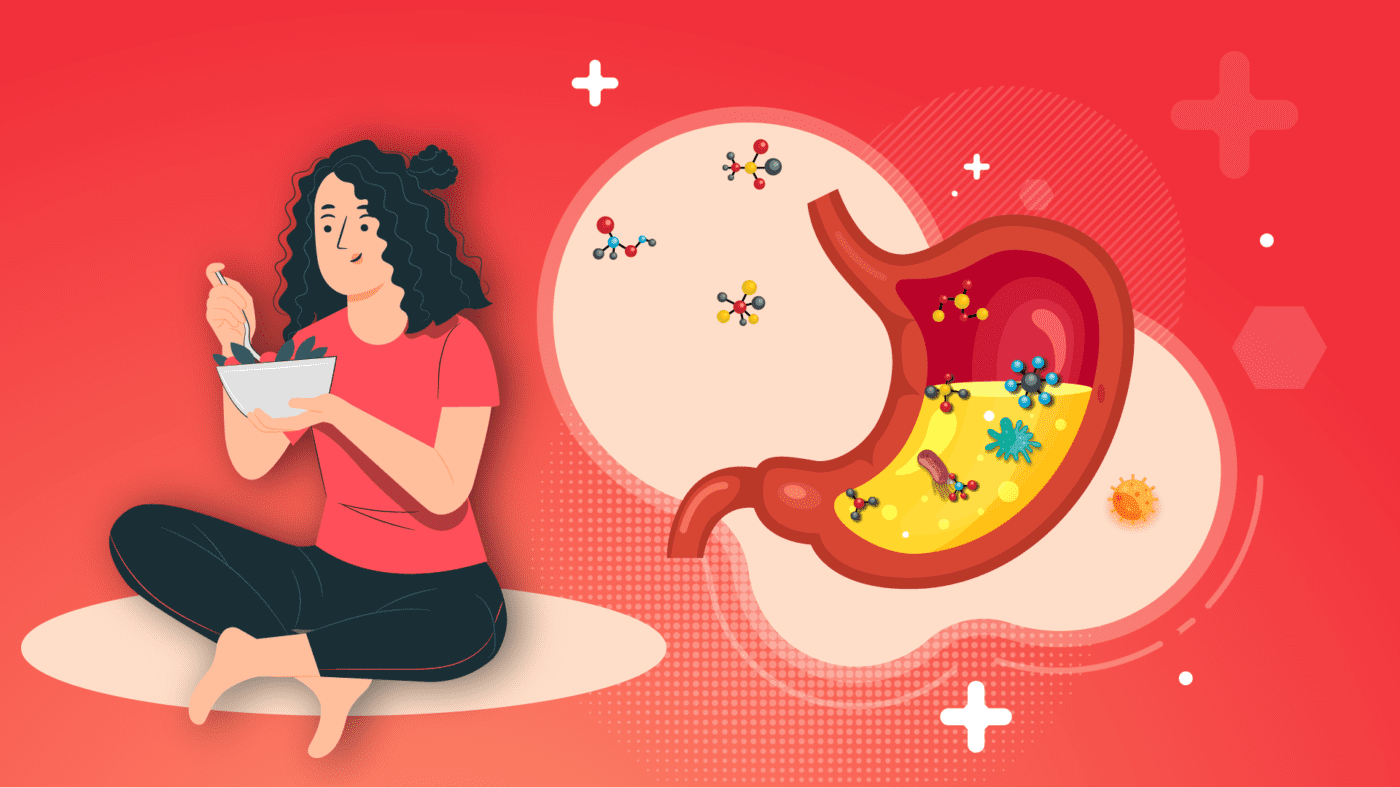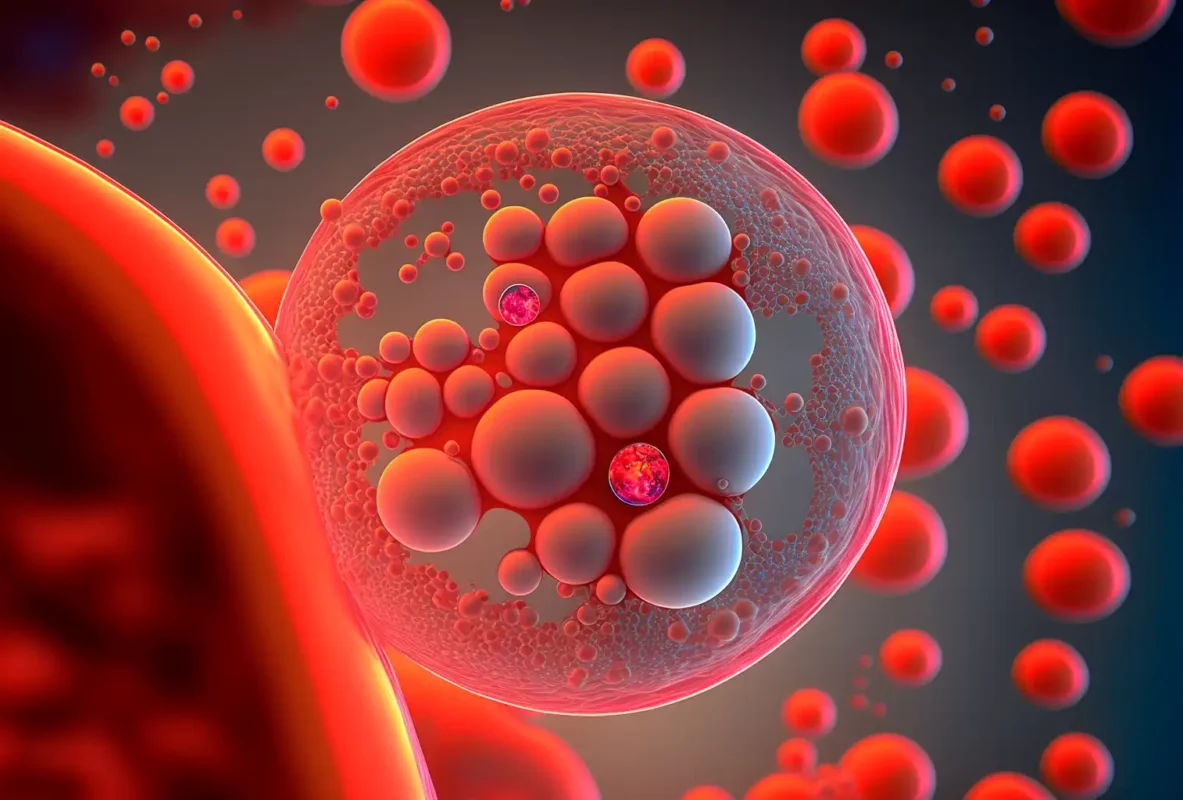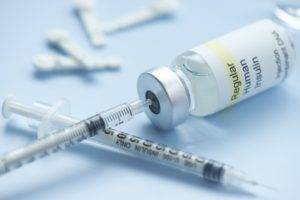The Role of Hormones in Diabetes Reversal: Balancing the Endocrine System
The Role of Hormones in Diabetes Reversal: Balancing the Endocrine System
Diabetes is a c...
Unlocking the Healing Potential of Herbs and Spices for Diabetes Reversal
Unlocking the Healing Potential of Herbs and Spices for Diabetes Reversal
Herbs and spice...
Stress, Sleep, and Blood Sugar: Balancing the Diabetes Equation
Stress, Sleep, and Blood Sugar: Balancing the Diabetes Equation
Living with diabetes nece...
Optimizing Blood Sugar Control with Mindful Eating Habits
Optimizing Blood Sugar Control with Mindful Eating Habits
Maintaining good blood sugar lev...
Personalized Approaches to Diabetes Reversal: Tailoring Interventions for Successful Treatment
Diabetes is a complicated disease that affects millions of people throughout the world. Wh...
The Role of Nutrition in Diabetes Reversal: Exploring the Impact of Dietary Choices on Blood Sugar Control and How a Personalized Approach to Nutrition Can Support Diabetes Reversal
Elevated blood sugar levels are a key indicator of the complex metabolic condition known a...
Low-Carbohydrate Diets and Diabetes Reversal: Understanding the Mechanisms and Benefits
In recent years, low-carbohydrate diets have become more well-known as a potential strateg...
The Impact of Omega-3 Fatty Acids on Diabetes: Mechanisms and Clinical Evidence
Polyunsaturated fatty acids called omega-3 fatty acids have drawn a lot of inter...
The Role of Gut Microbiota in Diabetes Reversal
The Role of Gut Microbiota in Diabetes Reversal
Diabetes mellitus is a chronic disease ch...
Vegetable and Quinoa Salad
Vegetable and Quinoa Salad
Nutritional info: Calories 291, Fat 16 g, Pro...
Kale Salad for Type II Diabetics
Tahini Kale Salad
Nutritional info: Calories 100, Fat 4 g, Protein 4 g, ...
Concept of broken Healthcare and understanding the Contrasting Approaches to it
https://www.youtube.com/watch?v=q2oJJL9meKU&feature=youtu.be
Concept of broken Health...
The Potential of Stem Cell Therapy for Diabetes Reversal
The Potential of Stem Cell Therapy for Diabetes Reversal
Diabetes is a chronic metabolic ...

